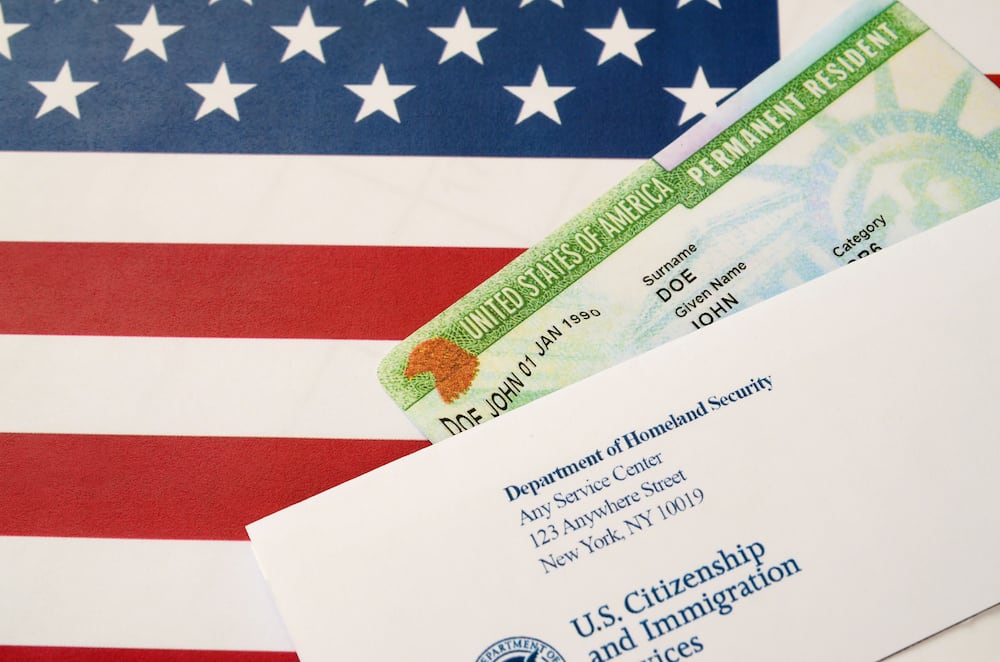For many, getting a Green Card signifies a huge step in their immigration journey. That said, various paths exist to obtaining a Green Card, depending on each person’s unique circumstances. Read on and reach out to a seasoned Montgomery County immigration lawyer from Cohen & Patel today to learn more. Here are some of the questions you may have:
What Are the Basic Requirements for Green Card Eligibility?
Eligibility for a Green Card primarily hinges on specific categories. First, family relationships play a crucial role. For instance, being a spouse or a child of a U.S. citizen can pave your way. Next, employment opportunities also offer a viable route. Highly skilled workers, researchers, and multinational executives often qualify. Moreover, refugee or asylee status is another consideration. Individuals fleeing persecution may apply for a Green Card. Special cases, like victims of abuse or human trafficking, are also considered. Finally, diversity visa lottery winners have a unique path to permanent residency.
How Does Family Sponsorship Work?
Family-based immigration is a common route. U.S. citizens can sponsor immediate family members, including spouses, parents, and unmarried children under 21. Legal permanent residents can sponsor spouses and unmarried children. The process begins with the U.S. citizen or permanent resident filing a petition. A waiting period often applies, especially for less immediate family members.
What About Employment-Based Green Cards?
Employment-based Green Cards are highly sought after. They typically require a job offer from a U.S. employer. Categories include skilled workers, professionals, and unskilled workers. Priority is given to those with extraordinary abilities, researchers, and multinational managers. Labor certification, proving that no U.S. worker is available for the job, is often required.
Can Refugees and Asylees Apply?
Refugees and asylees have a different process. After one year of being in the U.S., they may apply for a Green Card. This path does not require a sponsor. However, it involves proving their refugee or asylee status.
Are There Other Special Categories?
Special categories cater to unique circumstances. These include victims of human trafficking (T-visa holders) and crime victims (U-visa holders). Additionally, abused spouses or children of U.S. citizens can seek lawful permanent residency under the Violence Against Women Act (VAWA).
Ultimately, if you’re someone who wishes to live and work here in the United States, you need a competent immigration lawyer in your corner who can effectively walk you through the process of obtaining your Green Card. Contact Cohen & Patel today so we can get started working on your case.

